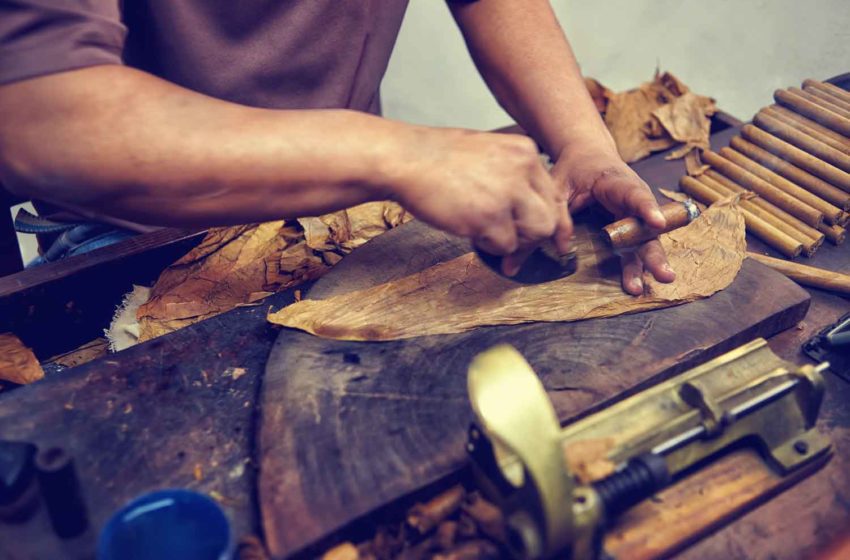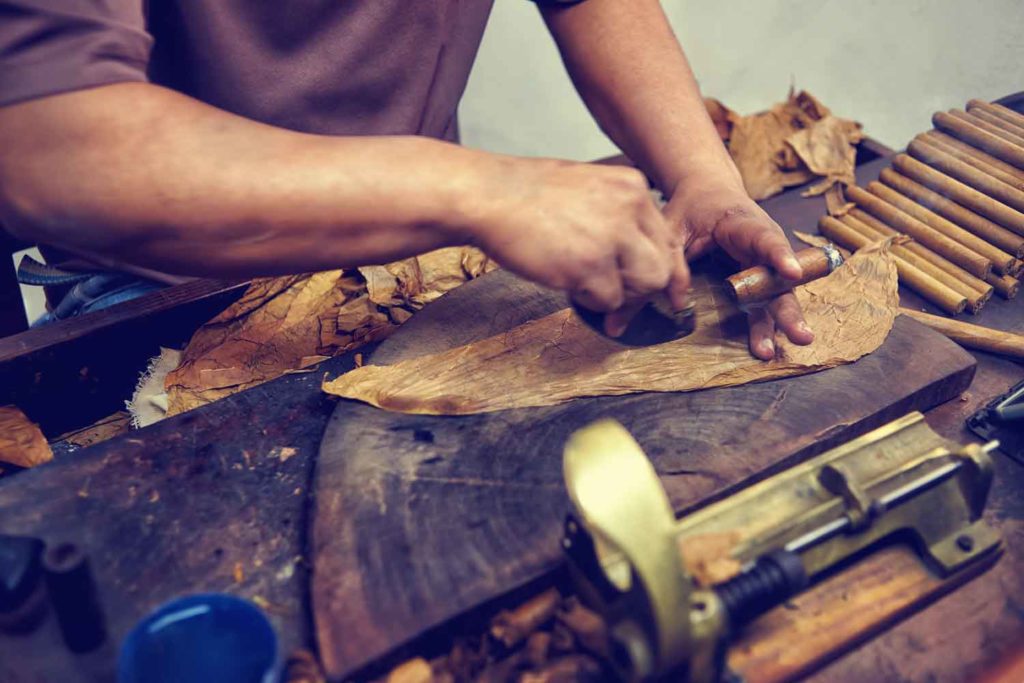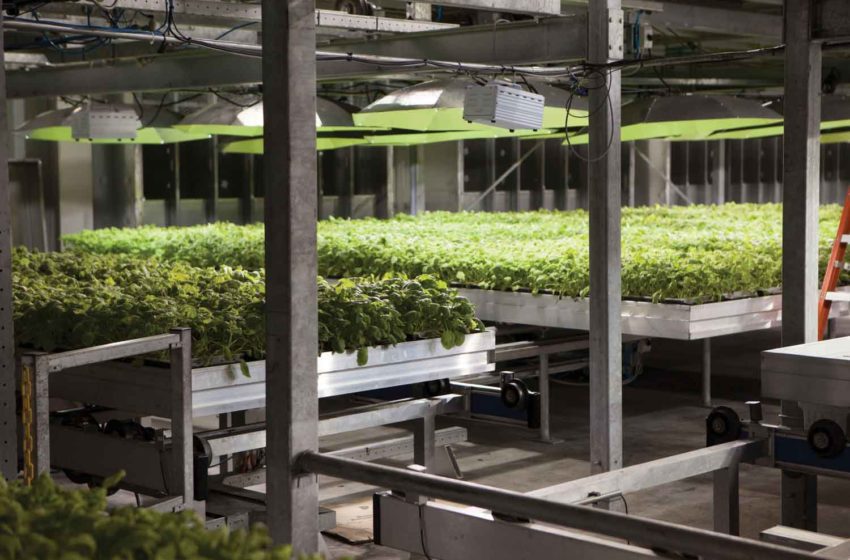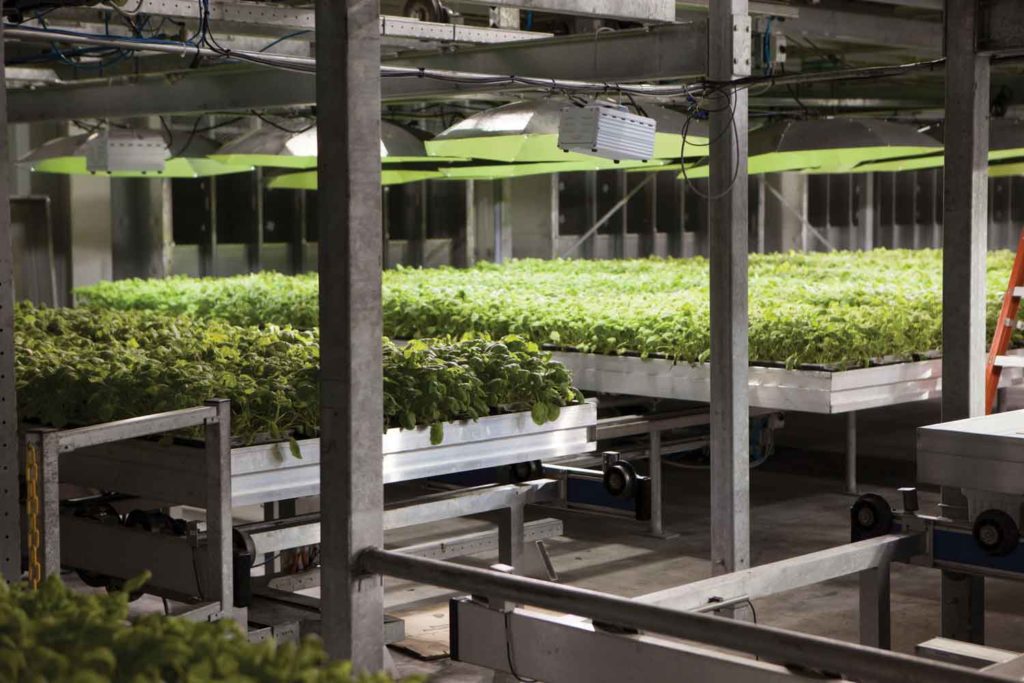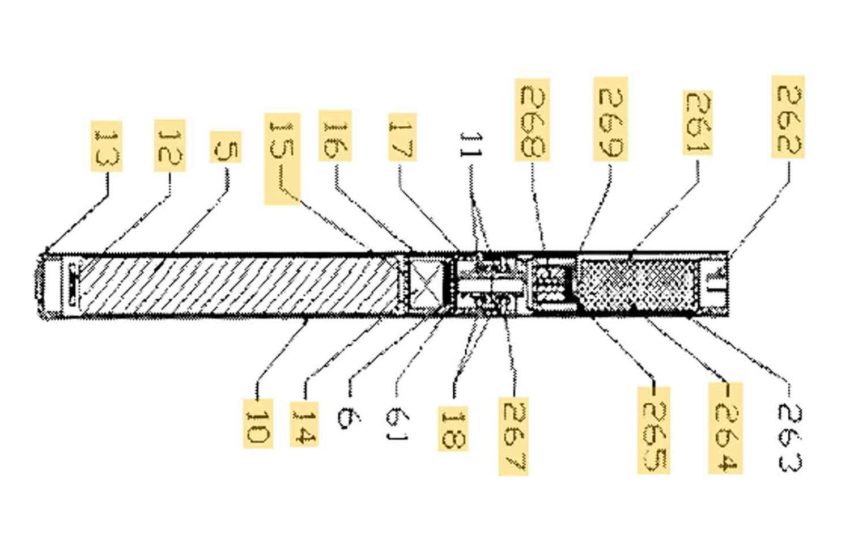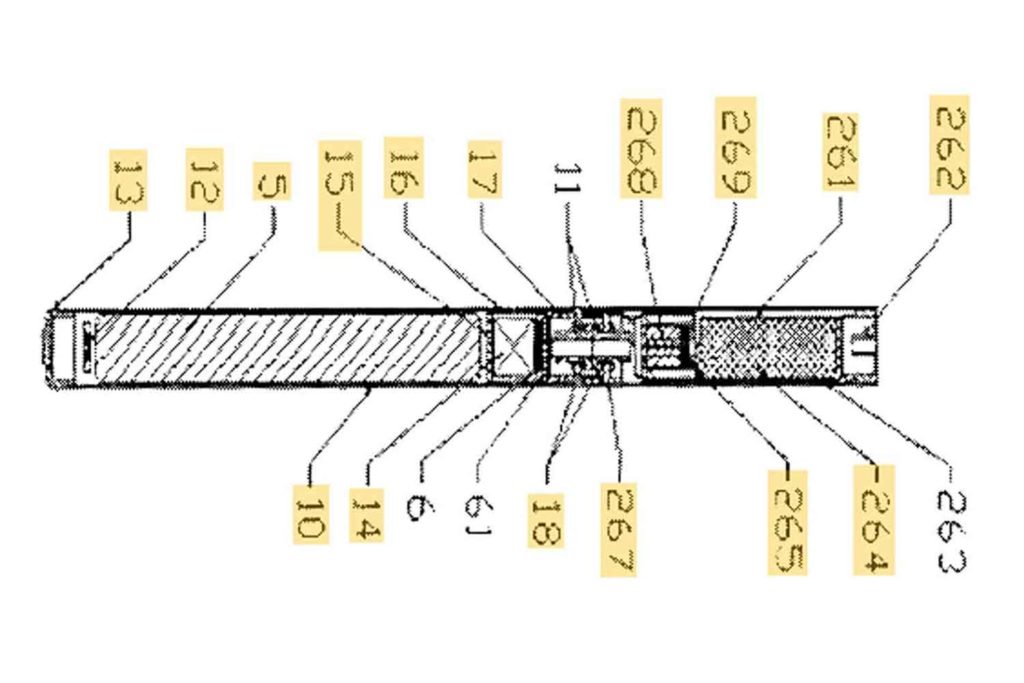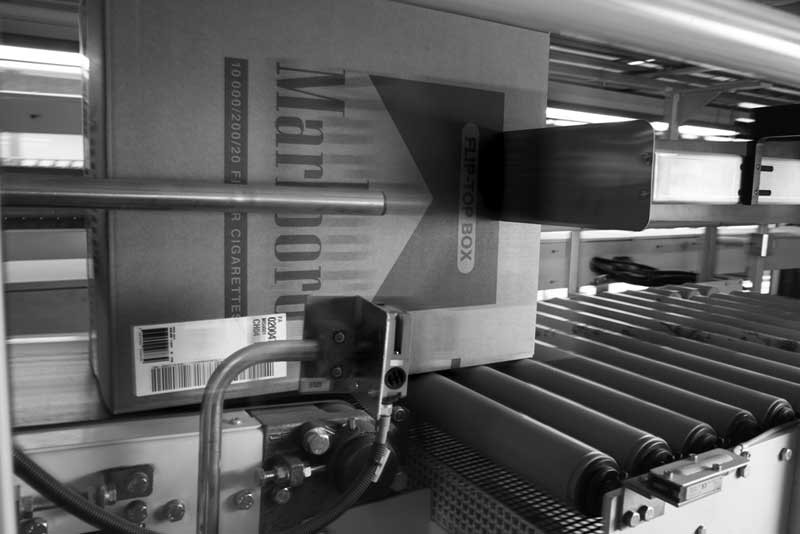
Her Majesty’s Revenue and Customs (HMRC) of the United Kingdom has appointed Dentsu Tracking with the establishment and operation of the new digital tobacco track-and-trace system, replacing the current provider, DeLaRue. The new system becomes operational on July 1, 2022.
“I am very pleased about HMRC’s decision to task Dentsu Tracking with the establishment and operation of the new digital U.K. tobacco track-and-trace system,” said Dentsu Managing Director Philippe Castella in a statement. “Dentsu Tracking brings a wealth of experience and expertise in supply chain control, and we are thrilled to team up with HMRC in their fight against the illicit tobacco trade, helping them to increase revenue collection and protecting citizens and legitimate businesses in the U.K.”
All businesses engaged in the manufacture, importation or supply of tobacco products in the U.K. will need to report their activities to the new track-and-trace system.
“Leveraging the advantages of digital technology, Dentsu will deliver a track-and-trace system tailored to the specifics of the U.K. market,” said Jan Hoffmann, director of regulatory affairs. “It will provide HMRC with a high level of government control over the tobacco supply chain, allowing enforcement bodies to detect the different forms of illicit trade and curb the circulation of noncompliant products. The new system also enables the U.K. government to comply with the WHO FCTC Protocol.”
Headquartered in Geneva, Switzerland, Dentsu Tracking is a provider of digital supply chain control solutions.

